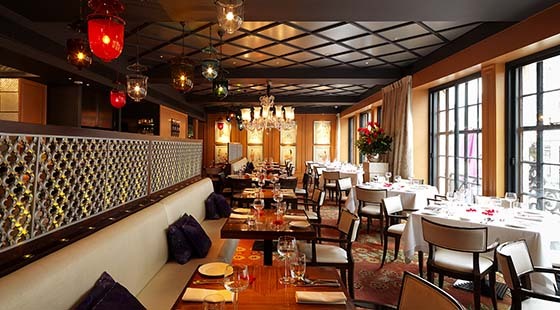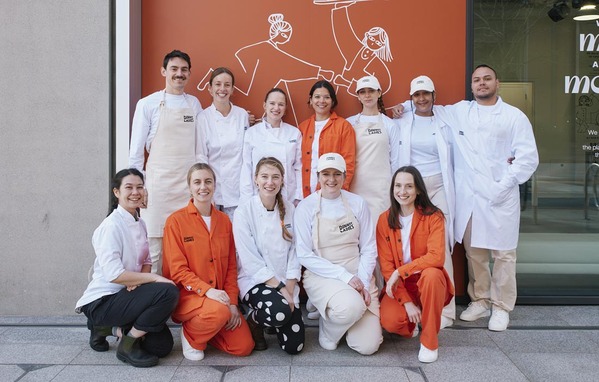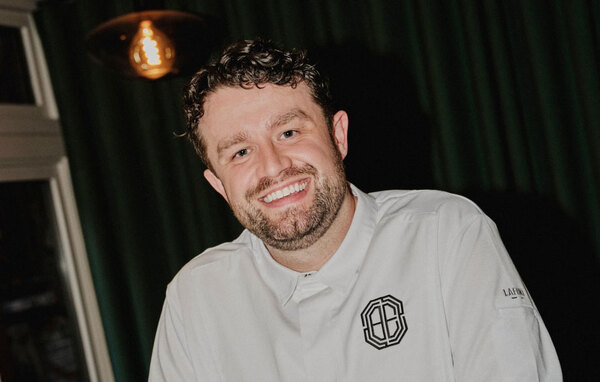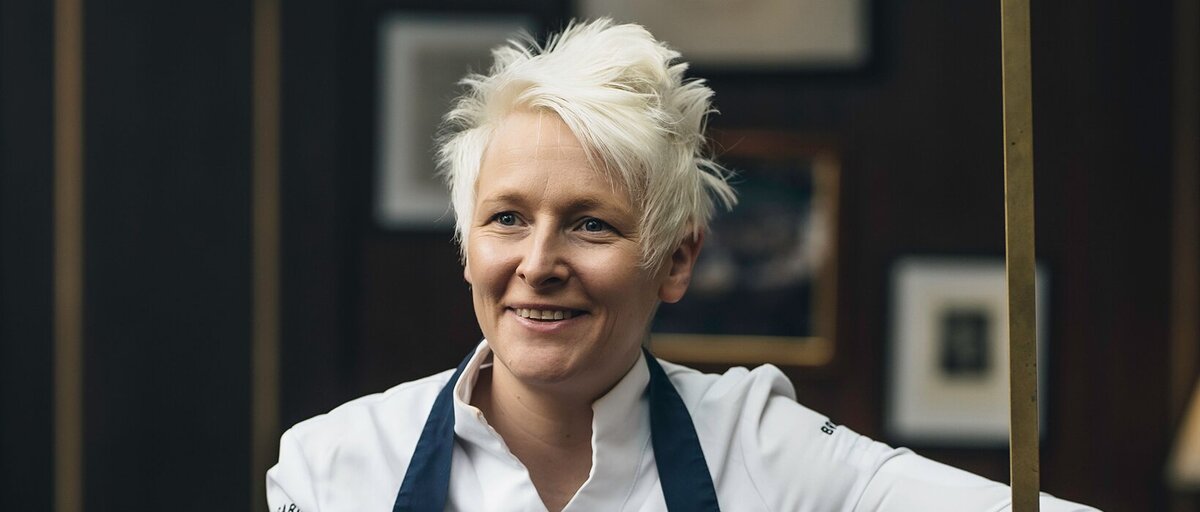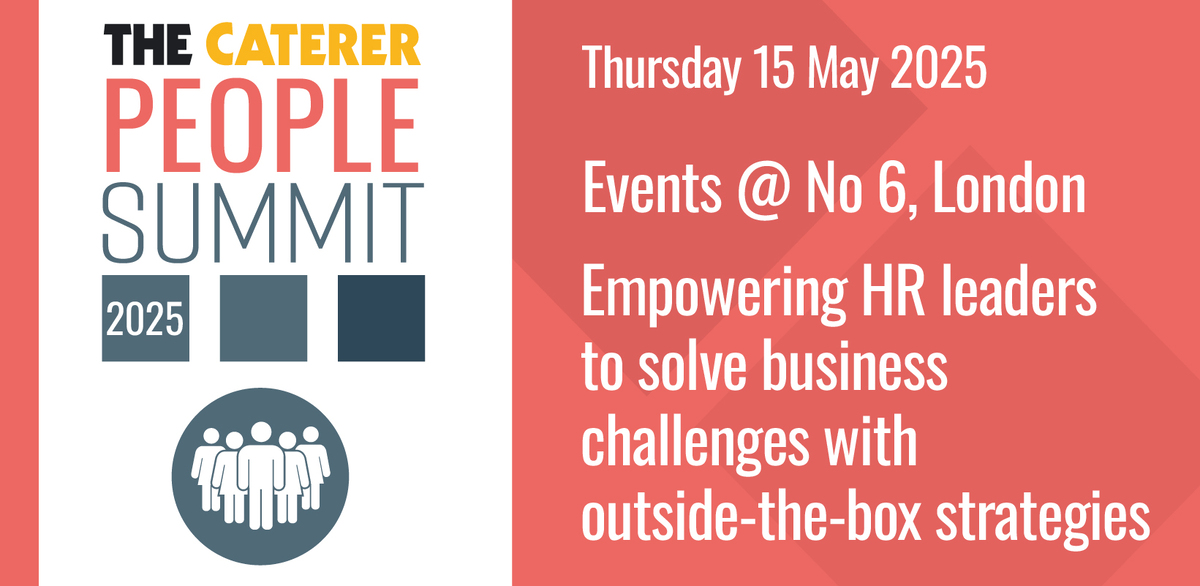‘Where are the staff?’: hospitality struggles to recruit for reopening
Hospitality businesses across the country are struggling to find staff as they reopen, with one chef describing recruitment as “impossible”.
Restaurants, pubs and hotels facing a bumper summer of trading are unable to fill vacancies despite the sector losing thousands of jobs over the past year.
Business owners have told of candidates not turning up to interviews or even leaving the country before their shifts are due to start, with fears Brexit and the pandemic have caused many to leave the industry or return overseas.
According to the Office for National Statistics (ONS), the hospitality sector lost 355,000 paid employees in the year to March 2021, over three-quarters of whom were under the age of 35.
Chef Richard Johns, who runs the Hovingham Inn in North Yorkshire with his wife Lindsey, said: “All our friends across the country are recruiting at the moment and saying the same thing: where is everybody?”
Johns, whose restaurant has reopened for outdoor service on weekends, set up seven interviews for a front of house role earlier this month but only two candidates turned up.
He said: “The worry for us is going back into indoor dining with our current staff levels; we’re going to struggle to cover every shift and service. We might have to see businesses curtailing what they can offer; there’s only so much you can do with one pair of hands."
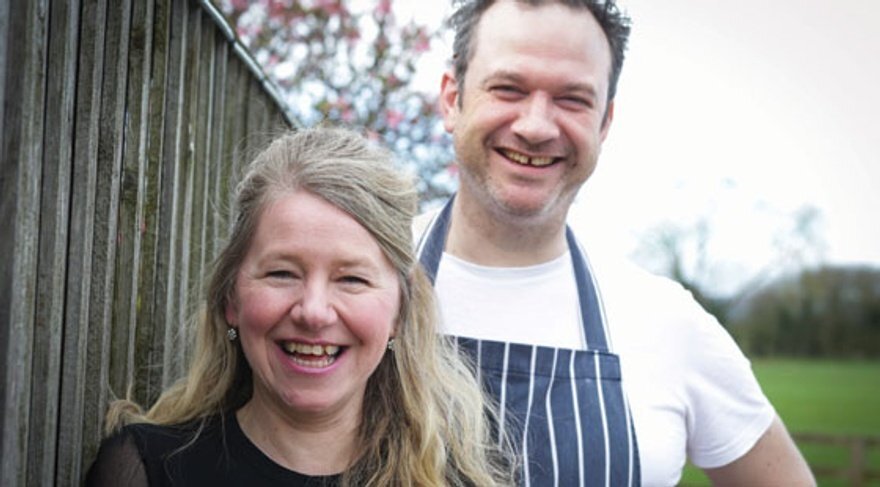
In London, chef Sven-Hanson Britt received over 1,000 applications in 12 hours for a job at his restaurant Homestead at the end of last year but is now paying to use recruitment sites for the first time.
He said: "I can’t find a talented sommelier and I am struggling to find pastry chefs and chocolatiers to help us develop as a company."
The chef believes many in the industry are still being supported by the furlough scheme, which has been extended until September, and are reluctant to leave employers who have kept them on the payroll.
"All the great people I’ve spoken to have been on furlough and feel they owe loyalty to business they’ve been furloughed with, so there isn’t that usual turnover of staff," he said.
“The balance of leisure and work time has changed. We’re hiring for a lot less hours. At [Hanson-Britt’s chocolate company] Cartografie, our pastry chef salary is £32,000 for a 38-hour week with a free gym membership, and even with that we can’t find the right person.”
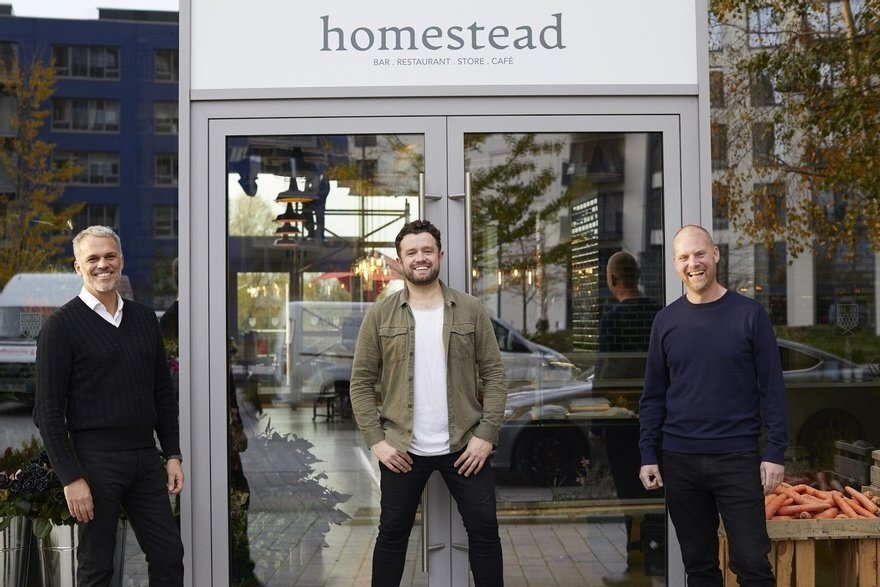
Jane Rees-Baynes, co-owner of the Elm Grove Country House B&B near Tenby in Pembrokeshire and chair of Visit Pembrokeshire, said the late notice of reopening in Wales meant there was now a rush to recruit.
She said: “People have either found other roles or moved away. Some businesses only managed to trade for nine weeks out of the past 52; I know of a few people who’ve changed career.”
Michael Farquhar, operations director at D&D London, previously told The Caterer many staff had left before hospitality reopened in England on 12 April (see 30 April issue for the feature ‘Supply and Demand’).
He said: “We had a few training sessions on Thursday, Friday before, and actually most people were on them. But when they had to show up Monday or Tuesday for work, a lot of people hadn't shown and said, ‘Sorry, we're not in the country.’”
Britt believes the industry will need to address its long-hours culture to tackle the issue.
He said: “We need to change what normal is for our staff. I think a lot more businesses are willing to do that now, otherwise we’re not going to encourage people into hospitality.”
Johns warned that a shortage of staff could be the final straw for some business owners after such a difficult year: “I’ve spoken to quite a few friends in the industry, really good operators, who say they’ve had enough. It’s such a shame but they’re now looking to the exit door.”
He added: “Hospitality has always had a bad reputation in the media but the opportunities have never been better. A lot of operators recruiting are going above and beyond to look after staff.
"Without a doubt the pandemic is an absolute game-changer, and every business has to address how to come out of it. Your staff are your greatest asset and if that’s curtailed it’s going to have an impact. It’s a challenging time and how we address it is the million-dollar question.”
Image: Mark Umbrella/Shutterstock.com








